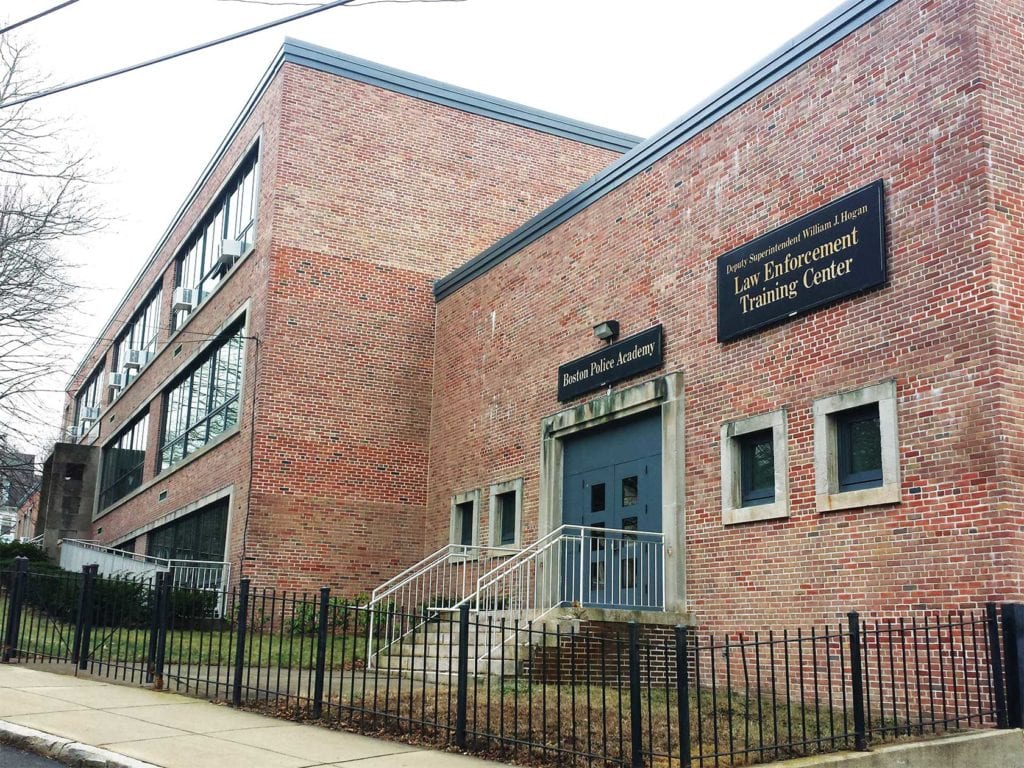Lawyers sue police department for data on hiring, race
Lawsuit comes six months after initial request for information

The group Lawyers for Civil Rights filed a lawsuit against the Boston Police Department last week calling for the release of records on hiring, promotion, discipline and termination of applicants and employees of color in the department.
The lawsuit comes six months after the civil rights group requested the information from the department under the Freedom of Information Act, a request that, by law, the department should have complied with within 10 days.
“This city needs to prioritize transparency,” said LCR Executive Director Ivan Espinoza-Madrigal. “To the extent that civil rights groups are making requests to understand the inner workings of city agencies, the city has to respond within the legal timeframe. The failure to do so creates the appearance that the city is not transparent and is not allowing city agencies and programs to be scrutinized by the public.”
A spokesman for the Boston Police Department declined to comment, citing the department’s policy of not commenting on pending litigation.
The request comes after years of complaints by civil rights activists and black and Latino police officers of disparate treatment in the hiring, promotion and discipline of officers of color in the predominantly white department.
The City of Boston has spent years and millions of dollars fighting judgements won by LCR in federal court against its use of hair testing to determine drug use among officers. Despite findings that the hair tests produce false positives among people with African American hair, the city has persisted in the use of the test.
In 2016, the Massachusetts Commission Against Discrimination ordered the Boston Police Department to “cease and desist from the disparate treatment of recruits” at the Boston Police Academy based on race, citing the department’s record of doling out harsher penalties for black recruits than those dealt to whites for the commission of similar offenses.
Attorneys often have had to turn to legal action to compel the department to release data pertaining to race, hiring and discipline that by law should be made public, according to Sophia Hall, a supervising attorney with LCR.
“If they know I’m willing to sue them and I can’t get data, I know ordinary citizens aren’t getting anything,” Hall said.
Hall told the Banner that LCR frequently receives calls from black and Latino police officers about disparate treatment.
“People complain day in and day out,” she said. “It’s the same on the civilian side of the department.”
A Boston police officer, who spoke on the condition of anonymity, said black officers would welcome greater scrutiny of the department’s record on racial equity.
“The department hasn’t had a comprehensive outside review of policies and practices since the St. Clair Commission report in 1992,” the officer said. “This is a public agency. The public has a right to know whether their practices and policies are above board.”
Boston Mayor Martin Walsh increased the number of black and Latino officers on the department’s command staff and last year promoted William Gross to commissioner, the first time an African American has been in command of the department.






